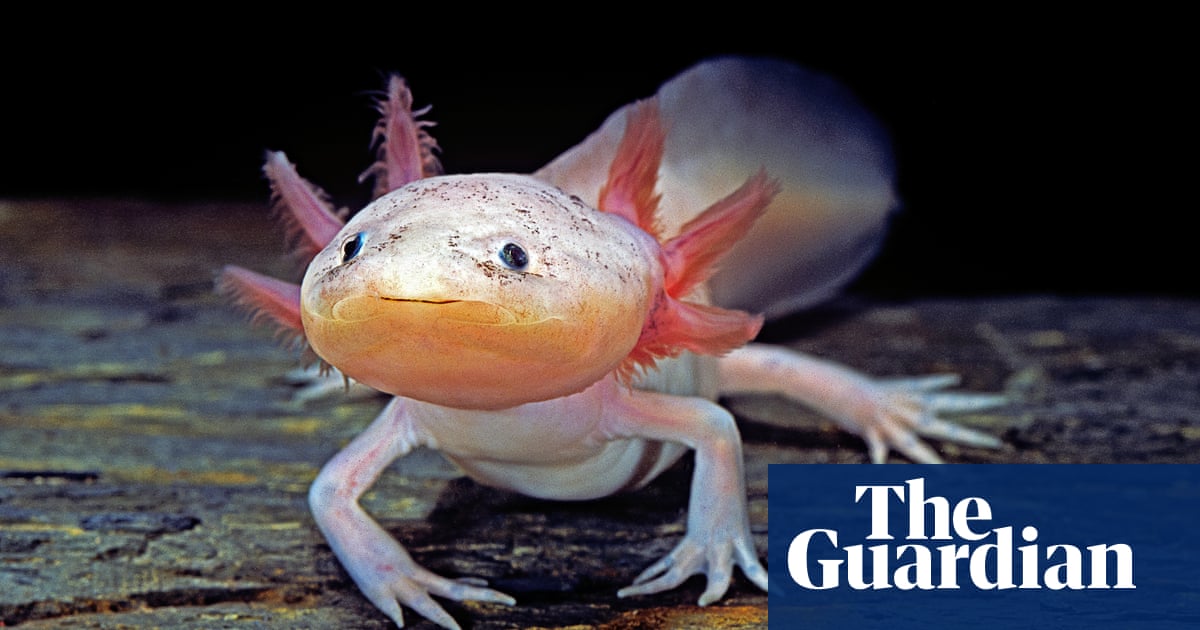- cross-posted to:
- [email protected]
- cross-posted to:
- [email protected]
“There is no more time for Xochimilco,” said Zambrano. “The invasion” of pollution is very strong: soccer fields, floating dens. It is very sad.”
Umm, what are “floating dens”?
I found a source in Spanish where the original term used by the scientist was “antros flotantes” (floating nightclubs): https://www.elfinanciero.com.mx/nacional/2023/11/24/adopta-un-ajolote-una-idea-de-la-unam-para-proteger-al-anfibio-mexicano-al-borde-de-la-extincion/
I’m from Mexico City, and he’s referring to the custom to go to Xochimilco’s canals and rent one or a few “trajineras” (shallow boats) and have a huge party while navigating the canals. In Mexican Spanish, “antro” is very often used to describe nightclubs. I suppose this activity is not very environmentally friendly in terms of trash, noise, etc.
Thank you for the clarification! Delicate creatures, like axolotl end up being markers for and victims of pollution, alas. If only we could find a way to respect all of Earth’s creatures while enjoying ourselves, doubtless we would benefit, also.
I used to own and breed axolotls. To me they were easy to care for. Just keep the water cold and siphon any poop you see. I had a turkey baster velcrod to the side just in case. I was able to get a batch of 4 color types on my last breeding attempt. Lucistic, melanoid, wild type, and albinos. Sadly I had to get rid of it all when my mother complained that the water chiller used too much electricity, even though we had like 3 air conditioners running at the time. Oh well I had fun
This is the best summary I could come up with:
Ecologists from Mexico’s National Autonomous University on Friday relaunched a fundraising campaign to bolster conservation efforts for axolotls, a native, endangered fish-like type of salamander.
Last year’s Adoptaxolotl campaign raised just more than 450,000 pesos ($26,300) towards an experimental captive-breeding program and efforts to restore habitat in the ancient Aztec canals of Xochimilco, a southern borough of Mexico City.
Despite the creature’s recent rise to popularity, almost all 18 species of axolotl in Mexico remain critically endangered, threatened by encroaching water pollution, a deadly amphibian fungus and non-native rainbow trout.
Mexico City’s expanding urbanization has damaged the water quality of the canals, while in lakes around the capital rainbow trout, which escape from farms, can displace axolotls and eat their food.
Calzada said his team was increasingly finding axolotls dead from chytrid fungus, a skin-eating disease causing catastrophic amphibian die-offs from Europe to Australia.
Over its six-year term, the administration of president Andrés Manuel López Obrador will have given 35% less money to the country’s environment department than its predecessor, according to an analysis of Mexico’s 2024 budget.
The original article contains 560 words, the summary contains 178 words. Saved 68%. I’m a bot and I’m open source!
Teeny tiny axolotl
There is really not a lotl
of you. Not a jot or tittle
So I’ll call you axolitl
deleted by creator




